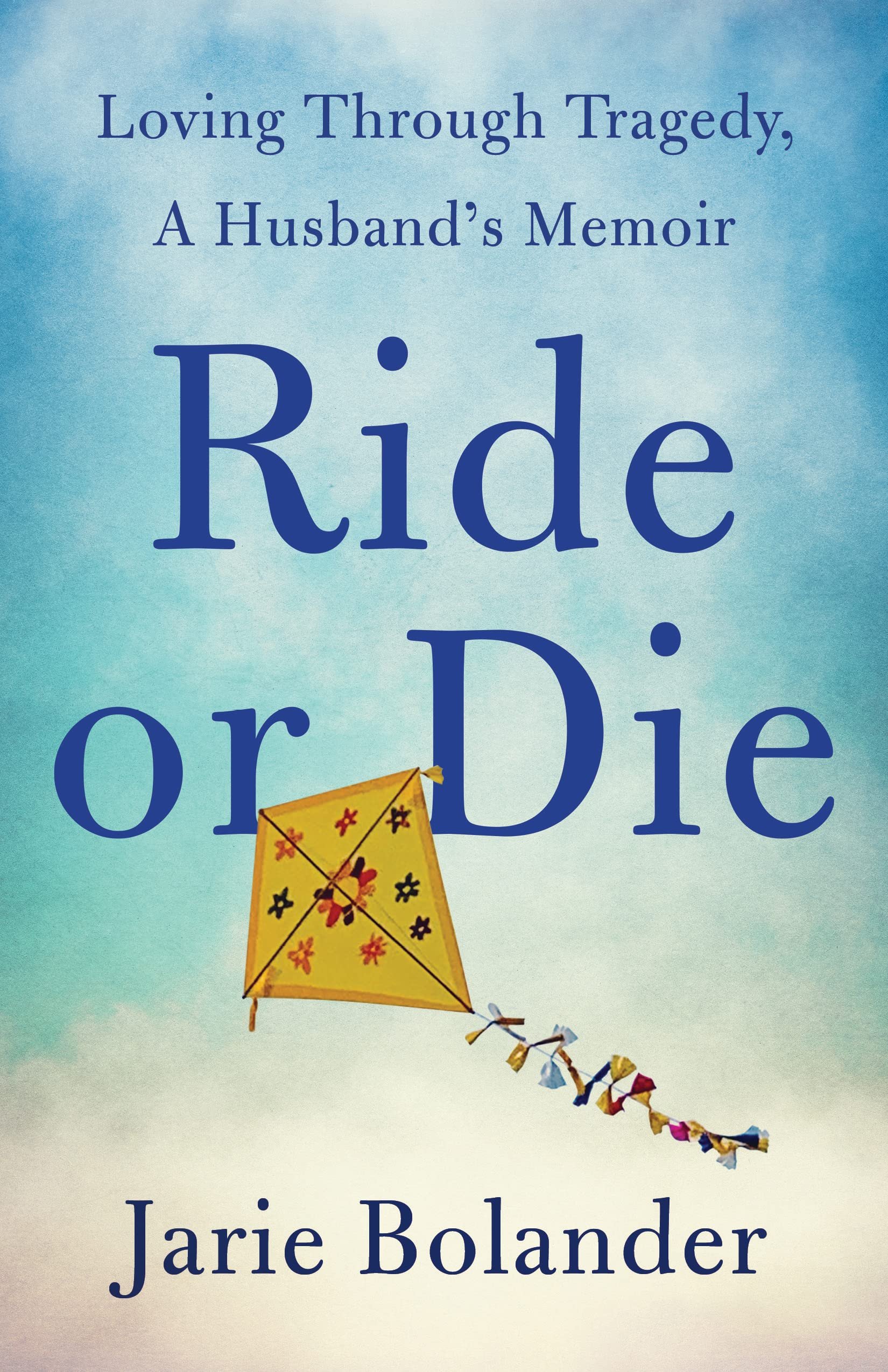Don't be afraid to ask for help with the most critical first step of your writing journey - the query.
I’ve been blogging since 2011 and have critiqued over 200 queries here on the blog using my Hatchet of Death. This is how I edit myself, it is how I edit others. If you think you want to play with me and my hatchet, shoot me an email.
If the Saturday Slash has been helpful to you in the past, or if you’d like for me to take a look at your query please consider making a donation, if you are able.
If you’re ready to take the next step, I also offer editing services.
My thoughts are in blue, words to delete are in red, suggested rephrasing is in orange.
I am seeking representation for Swipe Right, a dual POV contemporary romance (83,000 words) about a con gone wrong. (Also thought of beginning with the question: What happens when a con turns real? Let me know which you think is best?) It's alway my advice to start with a hook! Everyone has a title, a word count, a genre, and your reason for querying (seeking representation) is obvious. I say start with what you have that no one else does - your hook.
Sarah should be publishing papers to realize her dream of a tenure-track job and get slightly awkward phrasing here with "and get." I'd consider something that allows for more flow her wealthy, status-hungry parents to finally take her seriously. She definitely shouldn’t be up at 2 a.m. swiping away on Tinder. After another terrible date, she’s thrilled when she starts messaging with Jack, a handsome cybersecurity executive who shares her love of political philosophy, 90s sitcoms, and sugary breakfast cereal. He’s almost too perfect.
Whip-smart and deeply cynical, Jack grew up poor, going from hand-me-downs to tailored suits through a singular skill for deception. Jack swindles women from wealthy families, using the cash from his well-to-do marks to pay his mother’s skyrocketing medical bills. He considers himself a Robin Hood for the inequitable modern-day American economy. While Robin wore green to fade into the forest, Jack’s camouflage is his palatial rental estate, luxe wardrobe, and flashy car. His operation is simple. It all comes down to establishing an “ICC” (Instant Intense Connection) and then showcasing an irresistibly elite lifestyle. Then he fakes a MON (Moment of Need), inventing a lawsuit against his company. Claiming his funds are all tied up, he asks for a “loan” to “defend” himself. It’s almost too easy. I would cut everything after "flashy car" for space. You don't need to illustrate his method of operation in the query.
Dating Sarah starts as another con. But Jack soon learns that she prefers amusement parks to luxury shopping, funnel cakes to caviar, and genuine conversations to exhaustively documenting every moment on Instagram. Jack begins to fall for Sarah’s mind, body (yes please), and soul. He even begins revealing aspects of his broken self, getting dangerously close to letting the mask slip.
Meanwhile, Sarah is also falling hard for Jack. She’s never felt so understood and mentally stimulated … well not just mentally. Plus, she’s finally motivated to write again. However, she can’t shake the feeling that Jack is hiding something and begins to examine his past.What makes her unsure? I'd add a little about what (if anything) she finds.
When one of Jack’s prior marks returns with a social media campaign to expose him, he’s forced to confront questions he never thought he’d ask: Has he finally found something real, or is he conning himself this time? And, if Sarah learns the truth, could she ever love the real him? If it's a social media campaign, isn't it more of a question of "when" Sarah finds out, rather than "if?"
I am a graduate student at ___ university, specializing in the study of modern American political history.
Overall this is in really great shape. Take out the part where you describe his MO in order to pare down word count, consider adding an element of why Sarah isn't quite comfy with him and begins digging, and clarify my last question - otherwise I think you're gold!



